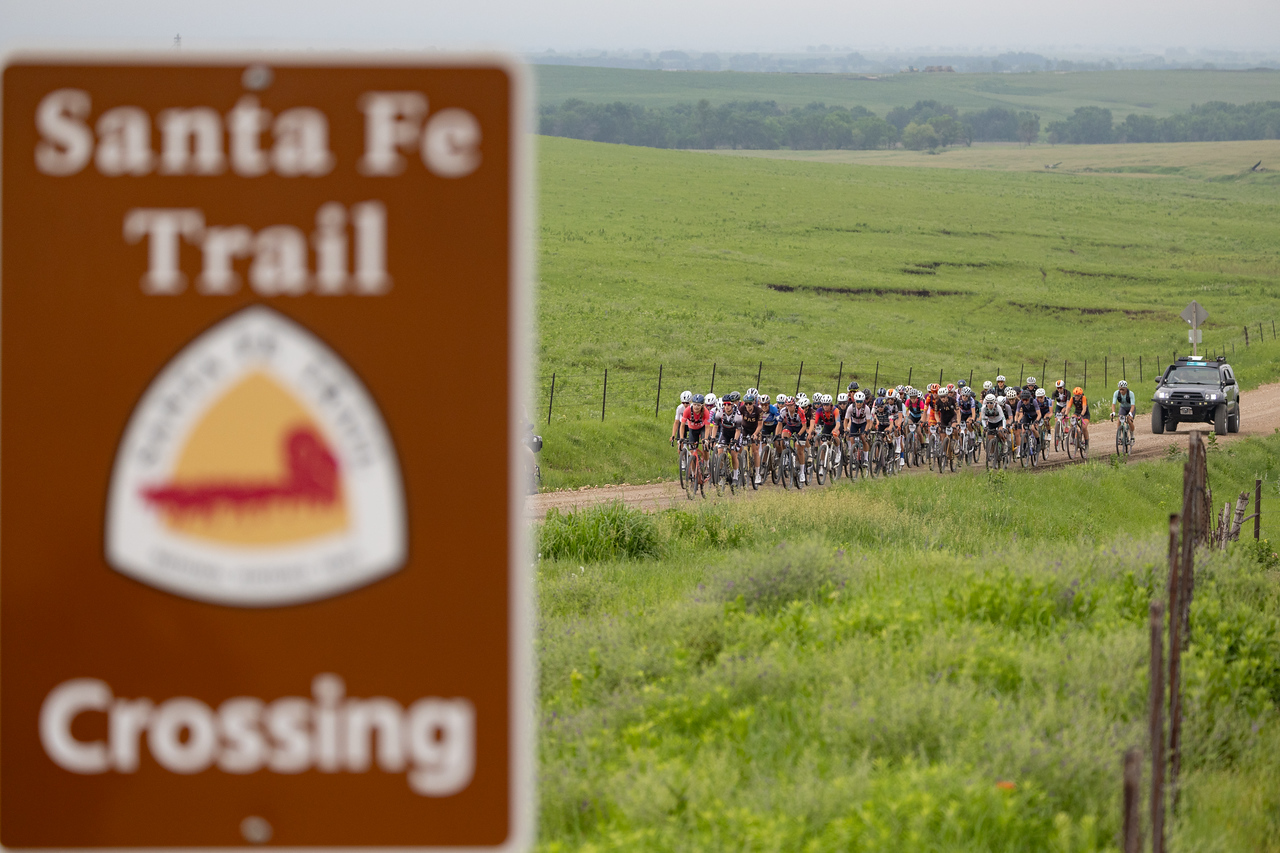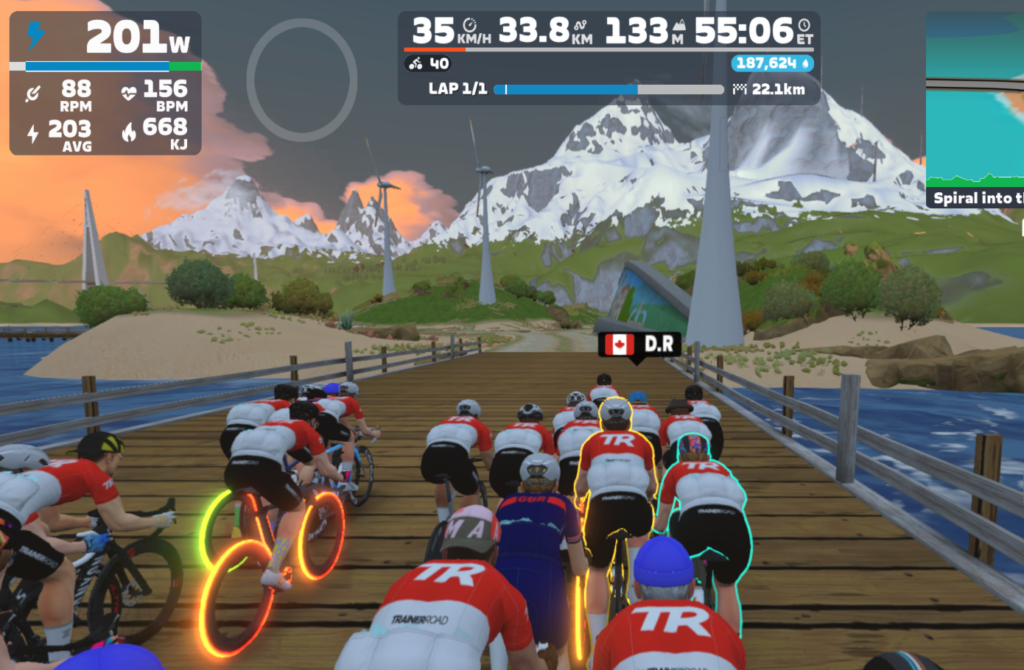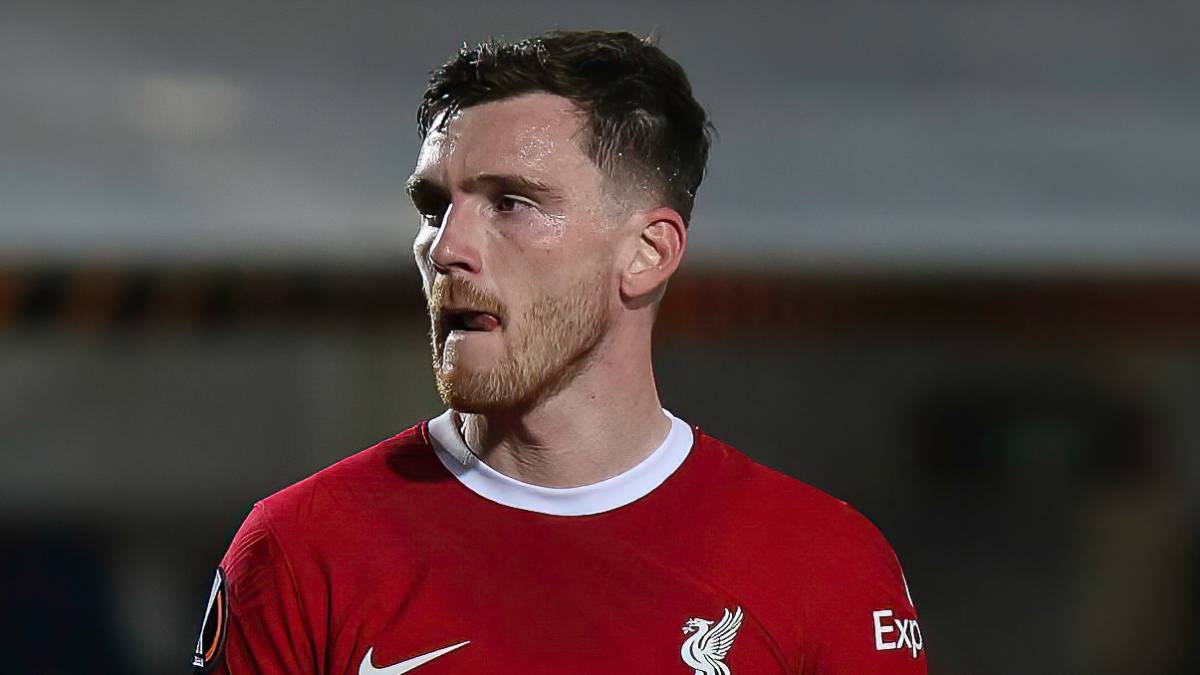James Colgan
;)
Sam Flood is the executive producer responsible for NBC Sports’ golf portfolio.
Getty Images
In the corner of a sleek grey building in the leafy outskirts of Stamford, Conn., Sam Flood’s office rests between a pair of tremendous glass window panes.
Flood’s employers set up shop in the building in 2012, turning its collection of sharp angles and cavernous ceilings — the remnants of an old Clairol shampoo factory — into a $100 million moonlighting as the global headquarters of NBC Sports. Up high, industrial air ducts and vents poke through the walls, as if to fumigate the scent of some long-forgotten batch of Herbal Essences. Lower, great glass windows encase every corner of the building in a translucent sheen, forcing streaks of sunlight into the otherwise sanitized interiors.
It is perhaps fitting that Flood’s office sits between glass on either side: The back windowpane separating him from the outdoors, and the front separating him from the indoors. As the seventh executive producer and president of production at NBC Sports, it is his job to be the intermediary between the real world and NBC — helping his talented army of producers and on-air talent bring sports broadcasts to life, and helping his network choose sports properties with the cultural cache and popularity to deliver big audiences (and big profits).
Flood oversees all of NBC’s sports properties (outside of the Olympics, which are looked after by fellow EP Molly Solomon). His portfolio spans from Sunday Night Football to the Tour de France, and will cost NBC north of $6 billion in 2025 alone, more than $400 million of which will be paid to golf partners at the PGA Tour, USGA and PGA of America. The work requires Flood to enter each day with eyes wide open, understanding a rapidly changing sports media world with a considerable financial arsenal and little margin for error. It also occasionally requires him to make hard decisions against the desires of the talented people surrounding him, like in 2020, when Flood’s NBC parted with his first and deepest sports love, the NHL, ending a years long relationship between the two parties that had helped to make Flood’s career.
Major golf changes
I visited Flood in his large glass office in early June with the hopes of understanding another tricky situation: NBC Golf. When Flood took over the golf unit in early 2023, the NBC Golf brand was at a crossroads, falling behind CBS’s recently revamped production and regularly eliciting the ire of fans worn out by commercial inventory and creative stagnation. Two years of shake-ups followed, including several key decisions initiated by Flood: Moving on from analysts Roger Maltbie, Gary Koch and Paul Azinger (the latter described Flood as ‘a real a–hole‘ on the way out); dreaming up a new vision in which broadcasters were divided by ‘odd’ and ‘even’ hole numbers; and admitting NBC “strategically shifted” money away from smaller PGA Tour events in order to blow out coverage from the biggest ones.
As the calendar turned toward the U.S. Open at Oakmont, Flood’s vision for golf on NBC had quietly started to take shape. A juiced-up broadcast from the U.S. Women’s Open earned largely positive reviews, and the NBC on-air team was fully staffed for the first time since Azinger’s absence (with Koch and Maltbie returning to pinch-hit at the biggest NBC events). In big moments at the U.S. Women’s Open and the Players, lead producer Tommy Roy delivered highly compelling stories with a distinctly premium feel.
But behind the scenes, the questions facing NBC were only growing larger. Sure, the network no longer had to worry about Dan Hicks’ contract or a lead analyst vacancy — Flood extended Hicks and hired Kevin Kisner after a strong FedEx Cup Playoff run in the booth, navigating an unusual agreement that will see the golfer play out the string of his PGA Tour career while also working at NBC. But those concerns had been replaced by larger ones: The future of the USGA on NBC, topsy turvy golf TV viewership, LIV, the TV mechanics of a still-changing PGA Tour, and a spinoff from Golf Channel that will see the cable network fall under the ownership of a new publicly traded company named Versant.
All of it raised an important question for the man in charge of NBC Sports’ portfolio: With a $2.5 billion per-year deal with the NBA set to kick in shortly and an off-ramp with the USGA and PGA Tour suddenly within view, where does golf fall on NBC’s priority list?
What is NBC’s golf future? And how does LIV fit?
“We feel a lot better than we did a year ago,” Flood said. “Everyone feels a lot better than they did a year ago, because golf is heading in a much better direction. I think we’ve had really good results, good tournaments, good drama. Now we just need a great U.S. Open, and roll that right into a great Open Championship, and we’ll be smiling all the way to the bank.”
It was hardly unusual to hear Flood project confidence about the state of NBC’s golf portfolio — a year ago he suggested that he might keep rolling without a lead analyst in perpetum if a star candidate didn’t differentiate themself — but his sense of exuberance was different from 2024 in one key way. Back then, he was talking about the state of NBC Golf — today he was talking about the state of golf, lower-case G.
2024 was a year of uncertainty in pro golf, with PGA Tour telecasts seeing 15 percent audience dips from the previous year as LIV’s resultant upheaval reached its peak. Comparatively, 2025 has been a year of calmer waters: Ratings have rebounded, title-sponsors are jumping aboard, and the PGA Tour seems to have finally settled into a repeatable format. Equally important, in Flood’s eyes, is another fact: LIV’s early momentum is dead.
“The LIV stuff is almost a total sideshow,” Flood said. “The reality is, their opportunity was when the tournament happened in Doral [LIV Miami], and they had every name on the leaderboard and no one paid attention.”
According to a recent GOLF.com analysis, LIV Miami drew 603,000 average viewers in Nielsen’s Big Data + Panel, the biggest audience for the league to date. But minute-by-minute viewership trends from that event showed fewer viewers tuned in as the afternoon wore on, while NBC’s Valero Texas Open delivered 2.2 million average viewers, and peaked at more than 4 million for the tournament’s conclusion.
“Yeah,” Flood said. “That to me said [the LIV] product is not relevant in this country.”
PGA Tour and LIV Golf TV ratings reveal striking audience data
By:
James Colgan
What’s next for the USGA? Did TV stop a match play Tour Championship?
Other than LIV, the health of lower-case G golf is an important distinction for Flood. He has been heavily involved in the PGA Tour’s efforts to improve golf as an entertainment entity, including a larger attempt to transition the Tour Championship into a match play event that did not survive the Tour’s policy board. Flood elected not to speak on theoretical changes to the Tour, but pushed back against the suggestion that TV concerns killed the momentum for a match play championship. The reality, he said, was quite the opposite.
“There’s no question match play would work for the PGA Tour playoffs,” Flood said. “It would be dramatic for TV, and if it was done the right way, it could be one of the great moments in golf.”
While we are left to speculate about what might have been, there is much more pressing uncertainty involving NBC’s involvement in this week’s championship, the U.S. Open. In the spring, NBC and the USGA failed to come to an agreement on a rights deal extension during an exclusive negotiating window — a decision that effectively chummed the waters for competitors like ESPN, a long-rumored USGA courter, to enter negotiations. Should NBC lose the USGA when the deal expires in 2026, the network would have ample reason to walk away from golf altogether in 2027, around the time the PGA Tour is expected to begin negotiating its next round of TV rights (and after the spinoff of Golf Channel is completed). As he looked into his crystal ball, though, Flood didn’t seem interested in that outcome.
“We saw what happened when the USGA came back to NBC [after a short-lived stint on FOX] — we saw how the USGA got elevated again to where it belongs as the premier events involved,” Flood said. “That’s what our company’s about, and that’s what our production team does. The business side is, I’m in the fun side of the business. The business guys can do the business, but from production perspective, we know we make everything we touch better.”
NEWSLETTER
Sign up for GOLF’s Hot Mic Newsletter!
Want exclusive golf media news in your inbox? Sign up for the Hot Mic Newsletter with James Colgan!
;)
Golf Channel’s spinoff future
A complicating factor in the USGA negotiations are cable networks like Golf Channel and USA Network, which will be spun off from NBC into a new company named Versant in the fall. Traditionally, the USGA has preferred its championships aired on large cable and broadcast networks — airtime that will no longer be available to NBC to negotiate with once the spinoff is complete. (Viewer attitudes have warmed towards streaming-exclusive telecasts in 2025, though it’s unclear if the USGA agrees.)
Flood said that the shift in Golf Channel ownership won’t preclude Golf Channel from working alongside NBC, though there is no longer any direct financial incentive to work together. The two networks will share on-air talent at least in the first years of Golf Channel’s new ownership group, and much of the coverage should keep its current look and feel.
“I think, as a viewer, people really won’t know the difference,” Flood said. “On a day to day basis, it really is going to be sleeves off a vest. No one’s going to notice. It’s really a back room business change. It’s all going to happen the same way, it’s just how the shekels are divided up.”
There is a lot to learn about the eventual shape of the new Golf Channel. Several industry sources have suggested the spinoff is largely about restructuring Comcast’s business and debt to prepare for the streaming age, and less about cleaving the businesses in two. The arrangement will allow Comcast to clear debt and focus more energy on growth opportunities in the media space, while allowing Versant a runway to manage the decline of several (still highly profitable) cable networks. Comcast shareholders, meanwhile, will receive proportional holdings in the new venture. In theory, if the spinoff is managed well, it will make 1 plus 1 equal 3 — generating more market value for the separated entities than when they were combined.
A smaller, leaner NBC (at least in the golf world) could have an interesting effect on its broadcasts, perhaps allowing the network to operate a more bespoke model, like CBS’s golf coverage, and less of the corporate-behemoth vision that has highlighted the last several years. In either case, Golf Channel’s continued financial success is vital for the rest of the PGA Tour’s TV partners, who rely on the cable channel for Thursday and Friday tournament coverage and all manner of other golf-related programming.
Flood pointed to his longtime NBC Sports counterpart (and golf fan) Mark Lazarus — who will be Versant’s chief executive and is one of many NBC lifers joining the new spinoff — as a sign of the expected synergy between the two brands and optimism for Golf Channel’s future.
Another, he said, is their home address. Golf Channel will stay in the NBC Sports building through at least the end of 2026, meaning Sam Flood will have the chance to keep a watchful eye.
On both sides of the glass office, you can rest assured he will.
You can reach the author at james.colgan@golf.com.
“>
;)
James Colgan
Golf.com Editor
James Colgan is a news and features editor at GOLF, writing stories for the website and magazine. He manages the Hot Mic, GOLF’s media vertical, and utilizes his on-camera experience across the brand’s platforms. Prior to joining GOLF, James graduated from Syracuse University, during which time he was a caddie scholarship recipient (and astute looper) on Long Island, where he is from. He can be reached at james.colgan@golf.com.


;)













